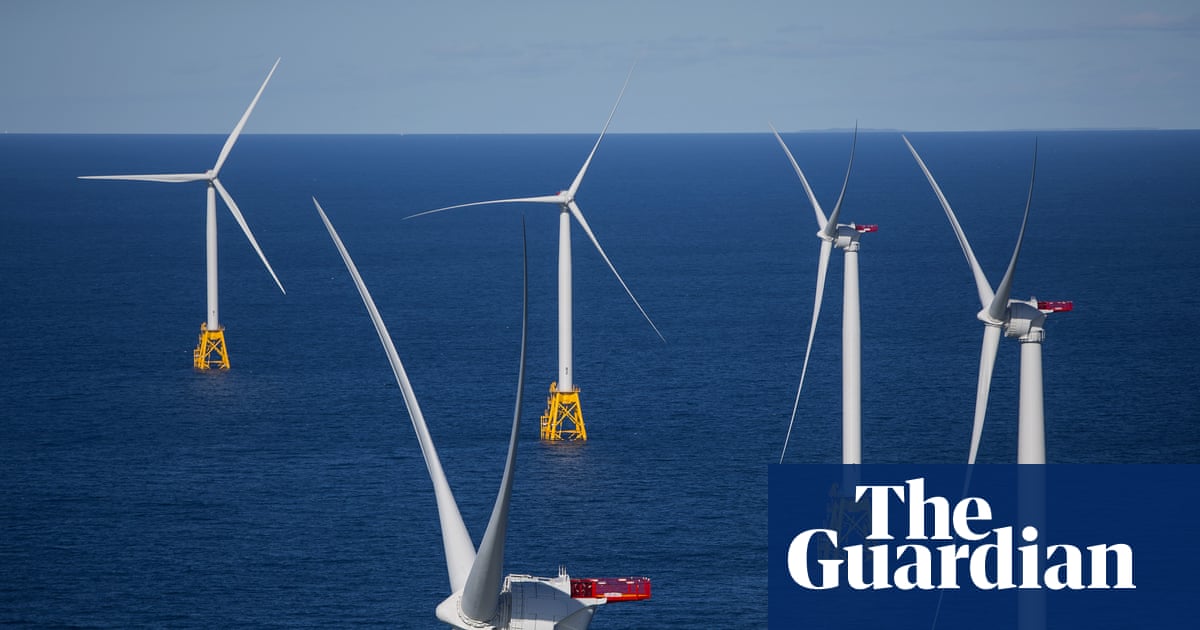About a million Ford diesel cars were sold in the UK with serious defects in components supposed to curb toxic exhaust emissions, the high court has been told.
The highly polluting vehicles were produced and sold between 2016 and 2018 after Ford’s engineers became aware of the issues, and many were never formally recalled or fixed, lawyers said.
The claims came in evidence submitted in the legal action on behalf of 1.6 million diesel vehicle owners against five car manufacturers, including Ford, for allegedly using “defeat devices” to cheat emissions tests for nitrogen oxides (NOx).
Parts of the emissions control systems as calibrated by Ford were discovered to become less effective when “poisoned” by sulphur in fuel during driving, the court heard. In 2017, when tested in service, 27 out of 27 Ford vehicles with Euro 6 engines failed the New European Driving Cycle (NEDC) emissions tests.
Cross-examining Marcus Davies, Ford’s former calibration manager, in the high court, Thomas de la Mare KC said that the systems had not been “sufficiently tested” and that “the scale of the problem” amounted to “one million vehicles affected”. It was a “generic issue affecting the best part of a million cars”, de la Mare claimed.
Davies played down the 1m figure. “It’s not every vehicle that would have this problem,” he said.
New software was implemented in production lines from 2018, and some Ford customers whose cars were serviced at official dealers also received a software update to address the problem, but there was no wider recall, the court was told.
De La Mare said: “You must have appreciated that the update would not rectify the situation.”
Davies replied: “It would improve it.”
“But not make it compliant with the NEDC,” de la Mare replied.
In the broader case, the claimants argued that Ford had deliberately calibrated its engines to pass certification tests rather than reduce real world driving emissions.
Referencing the manufacturer’s own internal documents, Ben Jaffey KC, for the claimants, said that as far back as 2012 there was “a very clear recognition that Ford wasn’t using EGR [the exhaust gas recirculation system to reduce NOx] as much as possible”.
Jaffey said: “The reality is that it was shaped to the requirements of the test and not much else?”
Davies said: “It was calibrated in part to the requirements of the NEDC.” Changes to trap more NOx “would have been at the expense of the capture of other gases”.
Documents shown in court also showed that NOx emissions from a Euro 5 transit van surged well beyond regulatory limits when the engine was tested inadvertently in sixth gear. The NEDC tests were normally carried out in fifth gear.
after newsletter promotion
However, in real-world driving, Jaffey said, the vans’ gear shift indicator encouraged drivers to switch up to sixth gear, where the system to reduce NOx was ineffective, when the van reached speeds of 100km/h (62mph). “It’s hardly Grand Theft Auto, is it?” he said.
The Ford models included as sample vehicles in the trial include the Mondeo, C-Max Fiesta and Focus cars as well as Transit vans.
Ford denies having created defeat devices, and in its written submissions described the claim as “scientifically illiterate”.
Its lawyers said that “a reduction in the effectiveness of NOx control may be a necessary, reasonable and justifiable engineering compromise to maintain overall system stability, protect components from damage, or control other, potentially more harmful, emissions”.
The three-month hearing that opened last month is examining vehicles sold by Ford and five other manufacturers – Mercedes, Renault, Nissan and Peugeot/Citroën.
The “Dieselgate” scandal came to light after US scientists said in autumn 2015 that many of Volkswagen diesel engine cars had been equipped with software meant to deliberately falsify emissions tests.
Millions of vehicles around the world were affected by the alleged misconduct, leading to car owners facing costs that collectively ran into hundreds of millions of euros. It is estimated to have led to thousands of deaths and cases of asthma in children.
The trial continues.

 2 months ago
61
2 months ago
61

















































